A warm welcome from the ENPA team to Dr Samuele Poletti – our first member to introduce himself through our “An Interview With..” series – who also shares beautiful images from his fieldwork in Nepal.
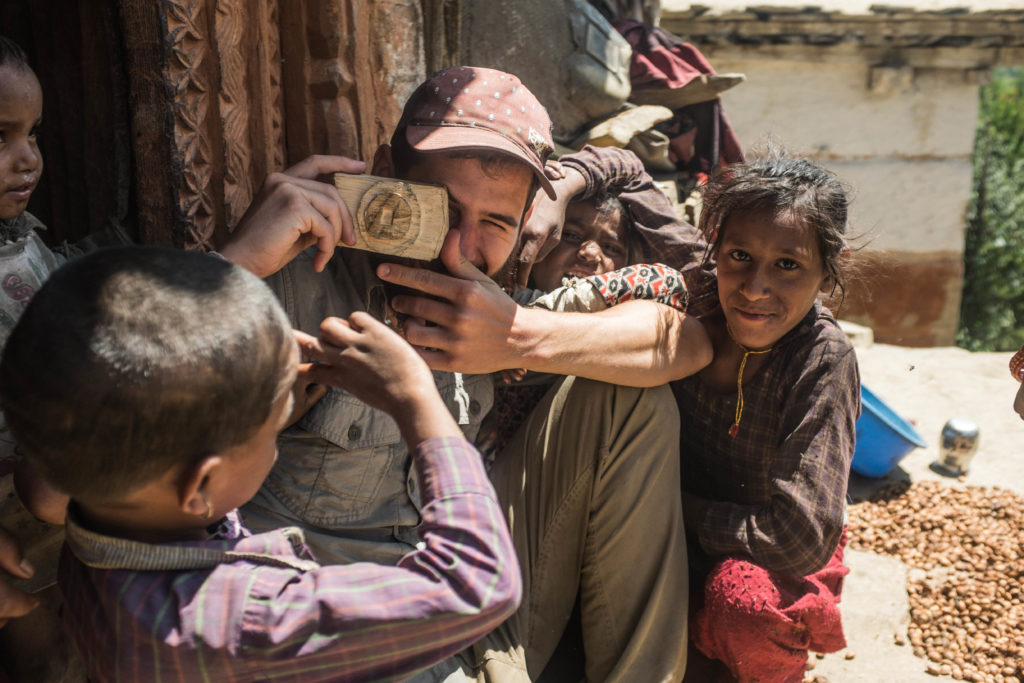
How did you become interested in psychological anthropology? What does it mean to you?
Psychological anthropology, at least as I see it, tends to be characterized by a particular attention to the multiple ways in which people may come to experience themselves and the world around them. The vividness that this epistemological stance often confers to the publications produced within this disciplinary subfield has been highly inspirational for me. Essentially, I would say, it has provided me with a frame of reference to centre my anthropological investigations around the actual people I came to meet and spend time with in the field rather than on the superstructures that are supposed to shape those lives. But more importantly still, psychological anthropology is perfectly equipped to furnish the necessary conceptual toolkit to avoid treating ‘subjectivity’ as if it were a transparent field of inquiry, allowing instead to foreground how distinct persons articulate their being in and through different values. Not that this attention to the intermingling of subjective and intersubjective realms has been absent from the works of anthropologists who don’t explicitly label their research as ‘psychological’ (strictly speaking, in effect, I don’t really consider myself a ‘psychological anthropologist’ either, to be honest). Quite simply, I think that this subfield constitutes a privileged forum within anthropology to focus on intimate existential aspects of people’s lives that may be perhaps more difficult to pursue elsewhere.
How does photography entangle with all this?
Well, I think photography allows to add texture and enhance the vividness I am aspiring to pursue in my publications. Photos have a very strong power to evoke elements of the ethnography that would otherwise be very hard to describe, or that would require so much discussion as to make the prose unbearably rich of distractive digressions. They say an image is worth a thousand words, but it is not only that. I think that photography has the peculiar ability to let the viewer’s imagination run freer from the constraints imposed by the written word. This is by no means an argument about the allegedly ‘natural objectivity’ of the visual means. Photography, of course, is as much a hermeneutic activity as it is writing. There is no doubt about that. I simply think that, in tandem with the text, these two means do well in illuminating one another. Hopefully, this makes the stories one tells more captivating. Moreover, keeping a sharp eye for images and being reactive to catch the ephemeral moments when they offer themselves to sight is a good way to train attentiveness to the tiny details that make a difference to the data one generates. Looking around for pictures also makes fieldwork quite lively and playful! All in all, photography is a deeply rewarding means to play with, at least for me.
How do you see the future of psychological anthropology unfolding?
Hard to tell, and I’m certainly way too young and inexperienced to be able to make any meaningful prediction with this respect. For my part, at any rate, I would be content if some of this enhanced focus on ‘existence’ over ‘essence’ would find its way more and more into the discipline at large, as I actually think it is. I believe that heightened attention to the realm of (inter-)subjective experience can contribute much in enriching the scope of socio-cultural anthropology, rather than establishing psychological anthropology – or existential anthropology for that matter, as I prefer to call the work I do – almost as if it were a fifth, distinct disciplinary field. The challenge, has it always has been, is that of making our contributions relevant to current debates of broader anthropological interest, though, of course, from a particular perspective. So, hopefully, the future will see a new generation of anthropologists working within this subfield picking up the baton and living up to what has been done, in that regard, by the generations that have preceded it.
What has been your most exciting research moment?
There have been many moments that have left a permanent impression in my being… It’s difficult to pick one in particular. When it comes to research in the narrower sense, the most exciting thing for me are those brief moments of clarification when, usually in a wholly unexpected fashion, maybe thanks to a casual chat or some random reading, for an instant everything seems to fall into place. All of a sudden, in a blink of an eye, you make connections you hadn’t noticed, and these flashes illuminate new aspects of the matter, opening promising scenarios. It doesn’t really matter if soon afterwards this sensation is once again engulfed by the overwhelming complexities of the world. No matter how ephemeral, I find these experiences incredibly gratifying, and they almost totally eclipse the (usually far more durable!) discomforts and frustrations inevitable to any research endeavour.
What are you currently researching?
At the moment, I am working on a project about the existential repercussions that conversion to Christianity has had on the experience of personhood among a Pentecostal congregation in Sinja, Nepal.
What are some of the biggest challenges you’ve faced in your research or career?
I was born and grew up in Switzerland. I received my undergraduate training in anthropology from the University of Bologna, in Italy. Then I moved to the UK, to undergo postgraduate studies at the University of Edinburgh, where I got my Ph.D. During my time in Edinburgh, I developed a certain fascination for the kind of anthropology being done from across the Atlantic, especially but not only within this specific subfield. Broadly, I felt it to be permeated by a little more sensitivity towards the existential vicissitudes of specific people that I am also trying to foreground my own work. Perhaps this is due to the ‘writing culture’ debate of the 1980s, which has spurred anthropologists over there to develop a great deal of reflexivity in their writing, and a real equivalent of which is not to be found on this side of the ocean. Sure, this attitude has its own drawbacks, clearly spelled out in the biting criticisms of people like Marvin Harris and Ernest Gellner. In writing my doctoral thesis, I thus tried to find my way amid these different registers, although this sometimes jarred with the environment I was in: a department of British social anthropology where my ‘existential’ approach in some cases was not entirely approved or understood. Then, after a short passage through Oxford, I’m currently a postdoctoral fellow at the Laboratoire d’ethnologie et de sociologie comparative (LESC) at Université Paris Nanterre, in France, where I’ve been exposed to yet another intellectual milieu.
This mobility has been immensely enriching, both personally and professionally. I got a chance to familiarise with different ways of articulating my thinking and of expressing these thoughts, as well as to appreciate what I believe are the pros and cons of each of these contexts. At the same time, though, I also realized that trying to move rather freely across different national traditions is much more complicated than I could ever expect. This is especially so when it comes to publishing. In a publication experience, for instance, editorial concern was risen that my argument, deemed to be distinctively ‘British’, may not engage the journal’s – indeed truly international! – readership. It is interesting to see how this national ‘perspectivism’ plays out in a supposedly ‘globalized’ world, and how scholars in different countries perceive one another (remarkably, often in interchangeable terms). So, I would say that the biggest challenge so far has been to deal with deep-seated academic structures that make it difficult, especially for young scholars at the beginning of their career, to ferry diverse sensibilities across national boundaries.
Tell us something surprising about yourself.
In a former professional life, I used to be a woodworker. That was my first professional occupation when I was a teenager. My life has changed a great deal since those days, in ways that back then I would have never anticipated. Still, I find that the progressive refinement of a raw (empirical) material that characterises the anthropological quest has much in common with woodworking, giving it a pleasant artisanal touch.




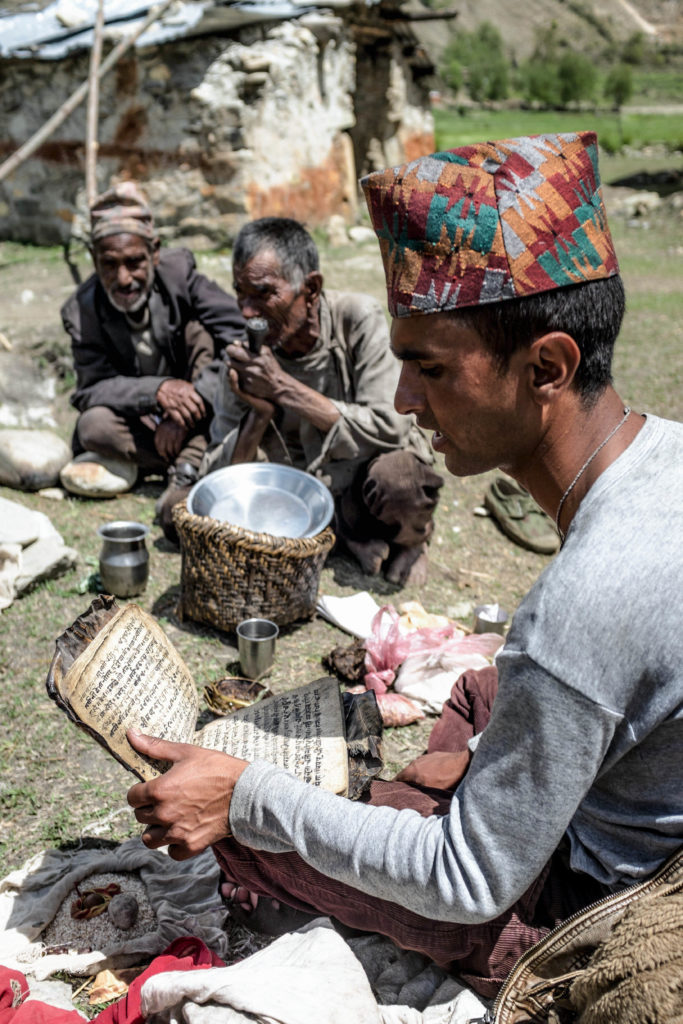
About the Author
Samuele Poletti was awarded his Ph.D. in Social Anthropology from the University of Edinburgh in 2019, with a thesis entitled “In the Shadows of Death: An Existential Approach to Mortality in the Sinja Valley of Western Nepal”. His doctoral research focused on the perception(s) of death in the Sinja Valley of Jumla District (northwest Nepal), and how this may shed light upon the ways in which people make sense of existence.
Samuele is now a postdoctoral fellow at the Laboratoire d’ethnologie et de sociologie comparative (LESC) at Université Paris Nanterre, to carry out a project funded by the Swiss National Science Foundation (SNSF). Besides resorting to the classic instrument of academic writing, Samuele is interested in the possibilities that photography may offer as a complementary means to the ethnographic description, not least by virtue of a communicative immediacy not always possible in the written text. You can find more information about his work at: www.samuelepoletti.com.
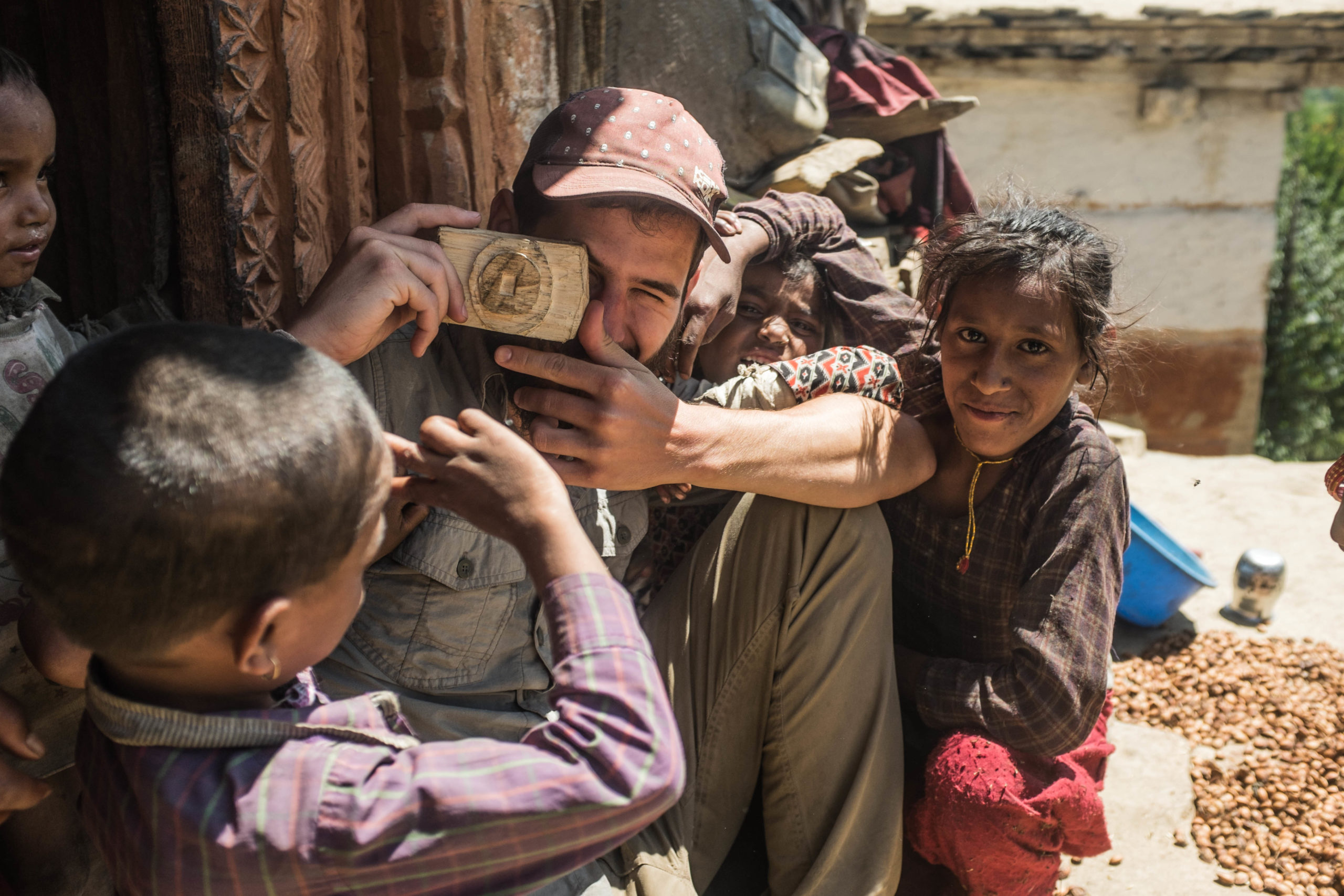



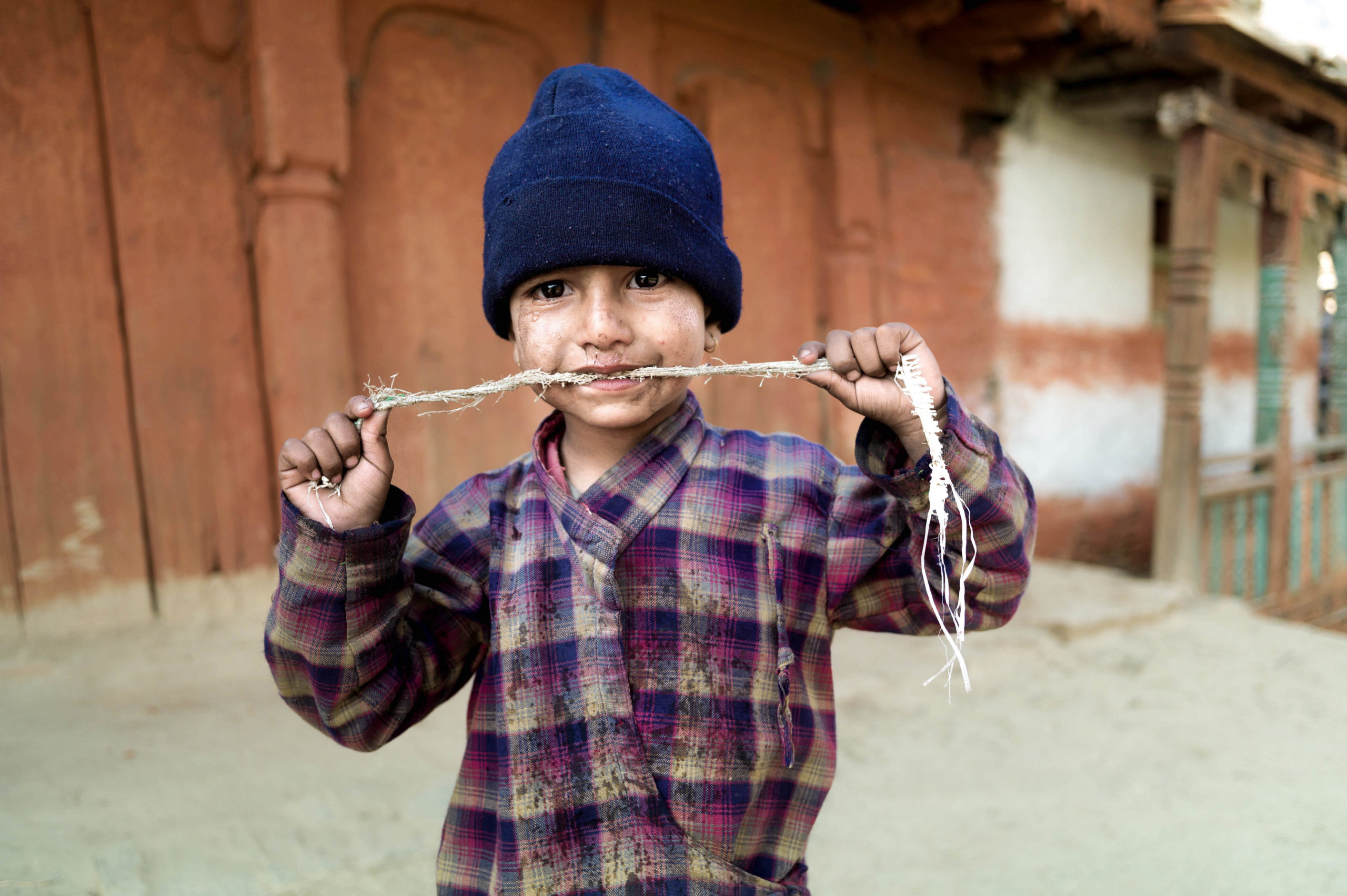

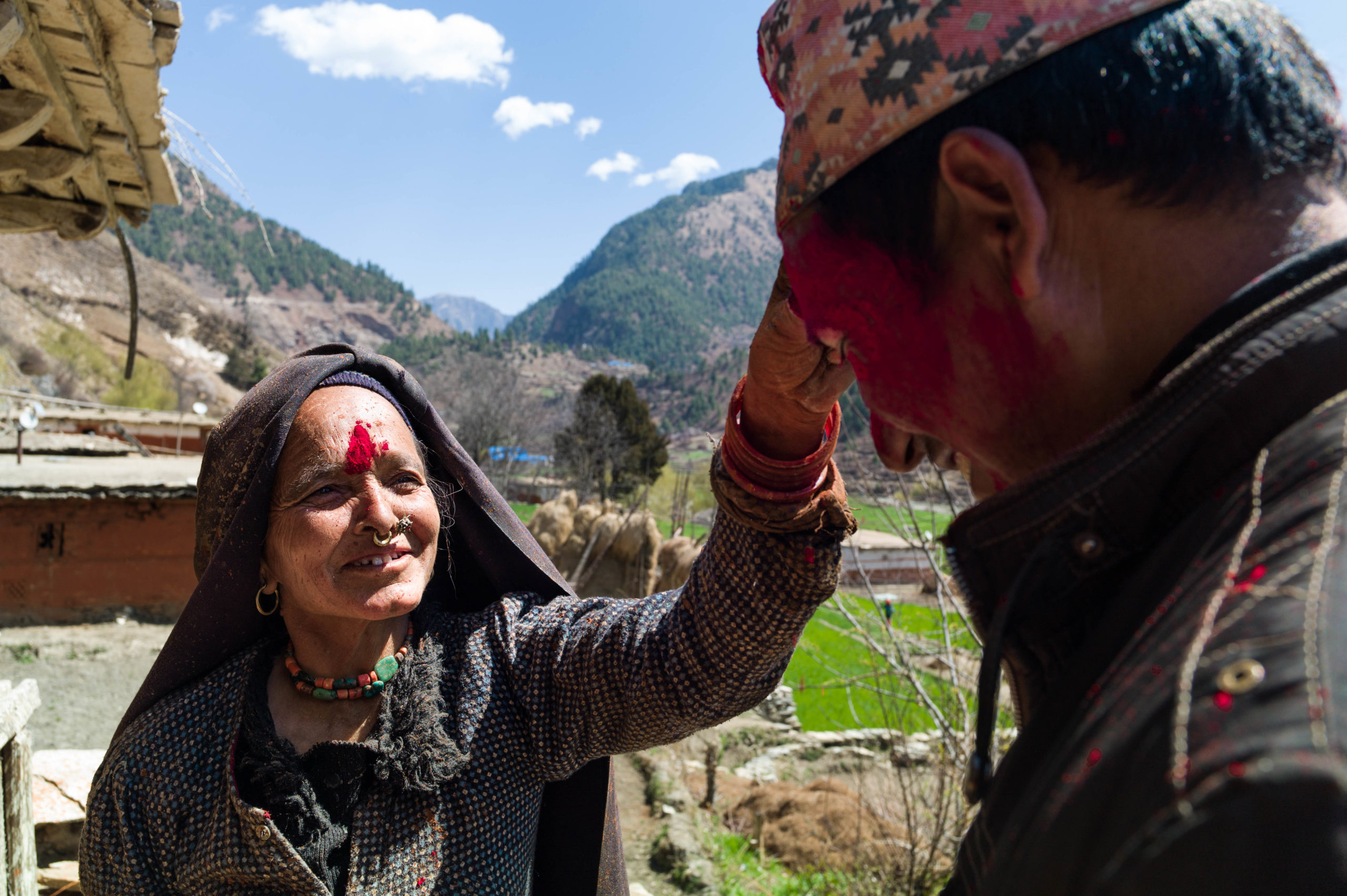



Leave a Reply